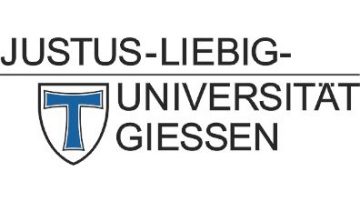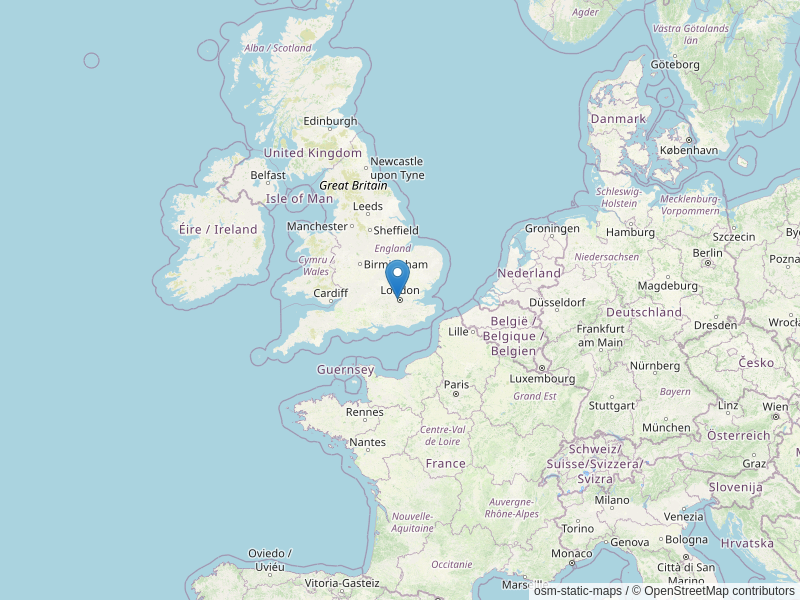In Profile - Joanne Leal

© DAAD/Leal
I am currently Professor of German Studies and Interim Dean of the School of Arts at Birkbeck, University of London. I have worked at Birkbeck for my entire academic career – 27 years so far! I did both my undergraduate and postgraduate studies at Kings College London, also spending two years at the Freie Universität, Berlin during and immediately after my BA. I completed my PhD just before the turn of the millennium on post-1968 German literature. While the German culture of the 1970s still fascinates me, I tend now to work on more contemporary writing. I am particularly interested in how literature grapples with issues of social (in)justice, particularly financial precarity, displacement and discrimination.
What does a typical day in your job look like? Is there any link/relation to German/ Germany?
My current day job involves a lot of academic management, running the School of Arts, one of five academic Schools at Birkbeck. My academic home department, Languages, Linguistics and Culture, is only one of four in the School, so I have less to do with languages in general and German in particular than I have during other phases of my career, but I’m still doing some German literature teaching (which I love!) and read as much contemporary German fiction as I can to keep in touch with how writers are representing Germany today.
Which experiences have you gained during your stay in Germany and how has it influenced your career path/ personal development?
My interest in Germany began at school, expanded substantially when I worked for a year as an au pair for a lovely German family in Düsseldorf, developed when I began to study German at Kings but was cemented forever in Berlin in 1989. I arrived for my year abroad in September of that year with obviously no more idea than anybody else as to what was about to happen. I experienced the fall of the Wall first hand and lived that strange final year of the GDR’s existence moving back and forth across the border seeing as much as I could of a world in both East and West that was disappearing in front of my eyes. It was a fascinating and deeply formative experience that shaped forever the way I see the world.
Who has inspired you the most in your career and why?
I had some wonderful teachers while at university and have had inspiring colleagues throughout my working life but I don’t think I would have learnt to love the German language at an early age without Mr Cloak, my secondary school German teacher. He’d been stationed in Germany while in the British Army, had been fascinated by the country and its language and had a real gift for inspiring the same interest in his pupils. And he was a stickler for accurate grammar which has stood me in good stead ever since!
Is there a (German) book or (German) author or maybe German film you always return to? If yes, why?
Like many people, I’m a real fan of the New German Cinema. There are so many great films but if I had to name one it would be Fassbinder’s Angst essen Seele auf. I’ve taught it almost every year for the last 27 years and it has never failed to capture the imaginations of my students. What’s fascinating is how their responses to it have changed over the years as contemporary concerns lead them to see different things in the film or to read its detail differently. It seems to have an ability to speak to each new generation of viewers in a language they understand.
Which is your favorite city/ place in Germany and which in the UK/Ireland and why? Are there any similarities or differences?
I’m a big city person – I’ve spent nearly all my adult life in London with years in Düsseldorf and Berlin in between. Berlin has a very special place in my heart because I got to know it in the 80s – I went for the first time in 1986 and to know it intimately in the late 80s and early 90s and have visited regularly ever since. I’ve watched it change and grow, almost beyond recognition, but I retain a strong memory of how it was when I lived there, so I remain very aware of the layering of its history. I still have friends there I met over thirty years ago and we meet regularly. It does feel very different to London, a much more laid back, less frenetic place where even the city centre is accessible to all. To give just one, I think, telling example. I cycle to work in London and feel I take my life in my hands every time I do. Visiting Berlin this summer, I peddled my way along Unter den Linden with a whole group of friends on a Saturday afternoon, chatting away without a care in the world!
What was the most ‘German’ experience you have had in the UK/Ireland so far? How did you react? What did it remind you of?
A German experience that’s accompanied me for large parts of my time in London is that of the Stammtisch. Regular meetings with German friends at our Stammkneipe to catch up over a beer or two has been a consistent source of pleasure.
What advice would you give to students who are thinking of choosing your field of study/research?
My family had no connections to any country other than the UK and Germany only became a place of interest to me when I began to learn German as a first foreign language at school. My life was transformed by my decision to work in Germany and then to study German. In a general sense, immersing yourself in the language and culture of another nation or nations multiplies the ways in which you can understand yourself, others and the world(s) you inhabit. It expands your mind in exciting, unpredictable and transformative ways. Studying the German language and culture more specifically is deeply rewarding. For me, as somebody who grew up in the UK, so much in German culture seems familiar, and yet there are such striking differences too. It is fascinating to explore what those differences are, why they come about, what culture(s) they produce and to investigate how Germany is being transformed in similar and yet different ways to its neighbours – near and not so near – by contemporary events and developments. Studying German gives you the tools to understand the German-speaking nations and their culture but it also provides you with a lens to read all cultures comparatively, including you own. And a critical engagement with the riches of German culture, both historical and contemporary, changes how you view the world. Every novel you read, every film you watch is a new, German-inflected way of seeing reality. It never stops being a source of fascination and insight, helping you navigate with critical and cultural awareness the world of work and beyond.





